








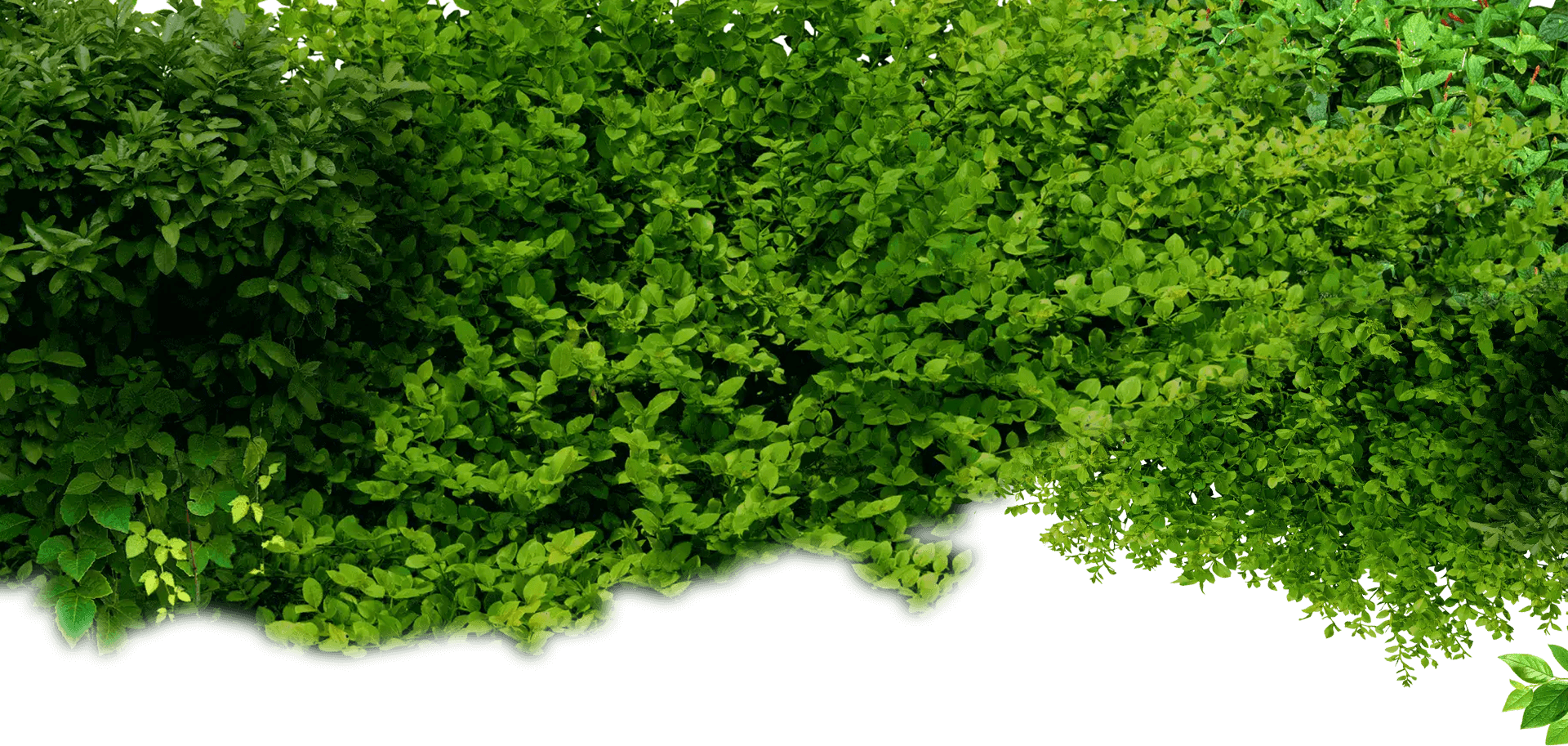


PET packaging is collected by local authorities and recycling companies from the kerbside and community recycling centres
It will then be picked up and taken to the recycling plant

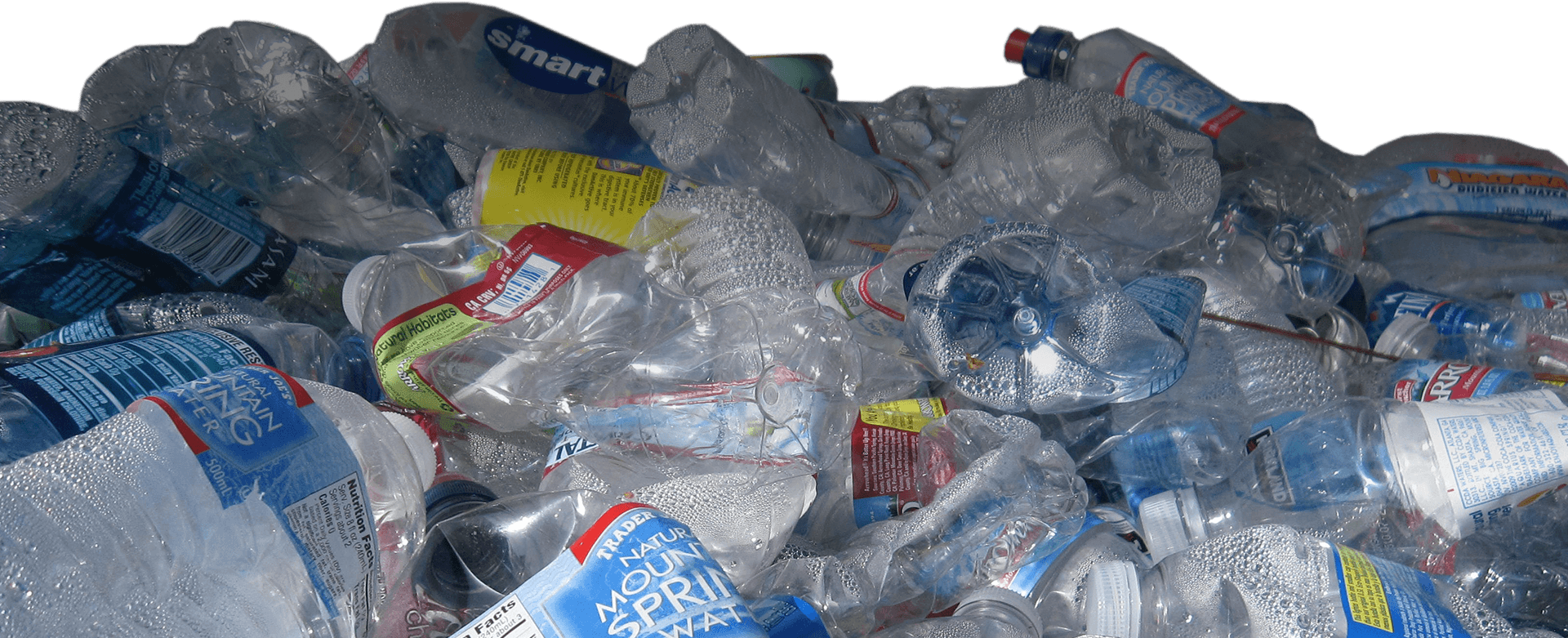
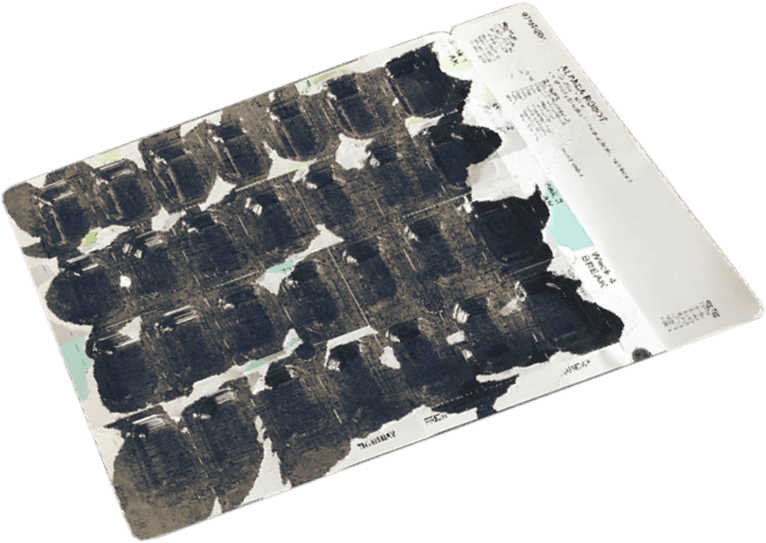
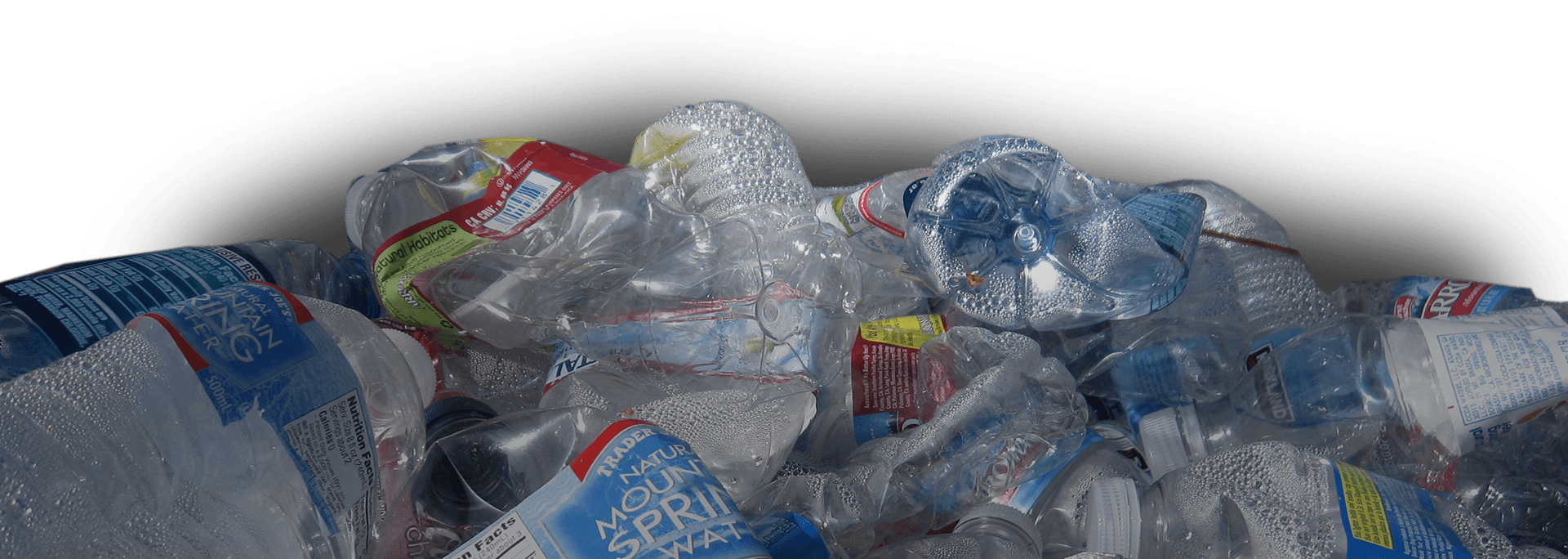
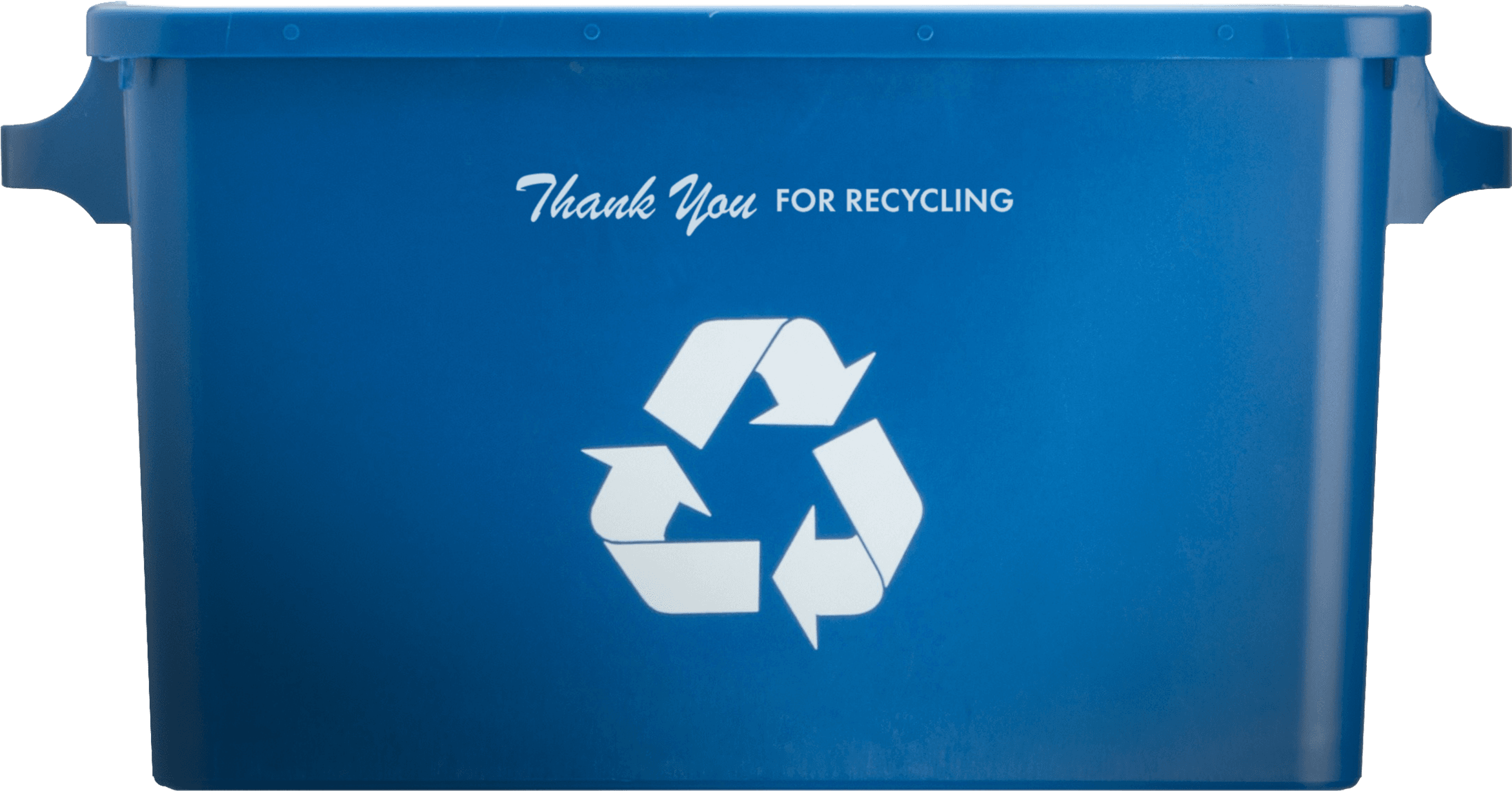

It is then be picked up and taken to the PET recycling plant
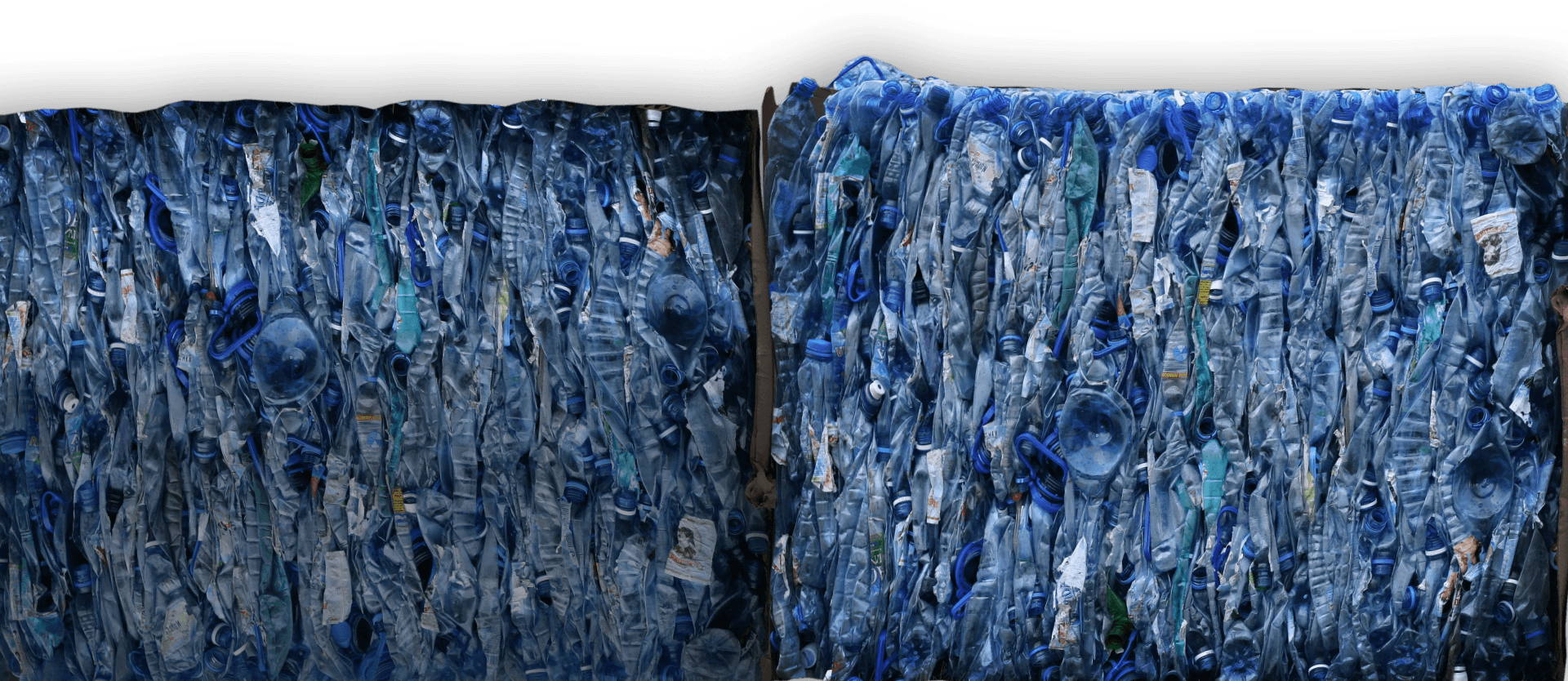
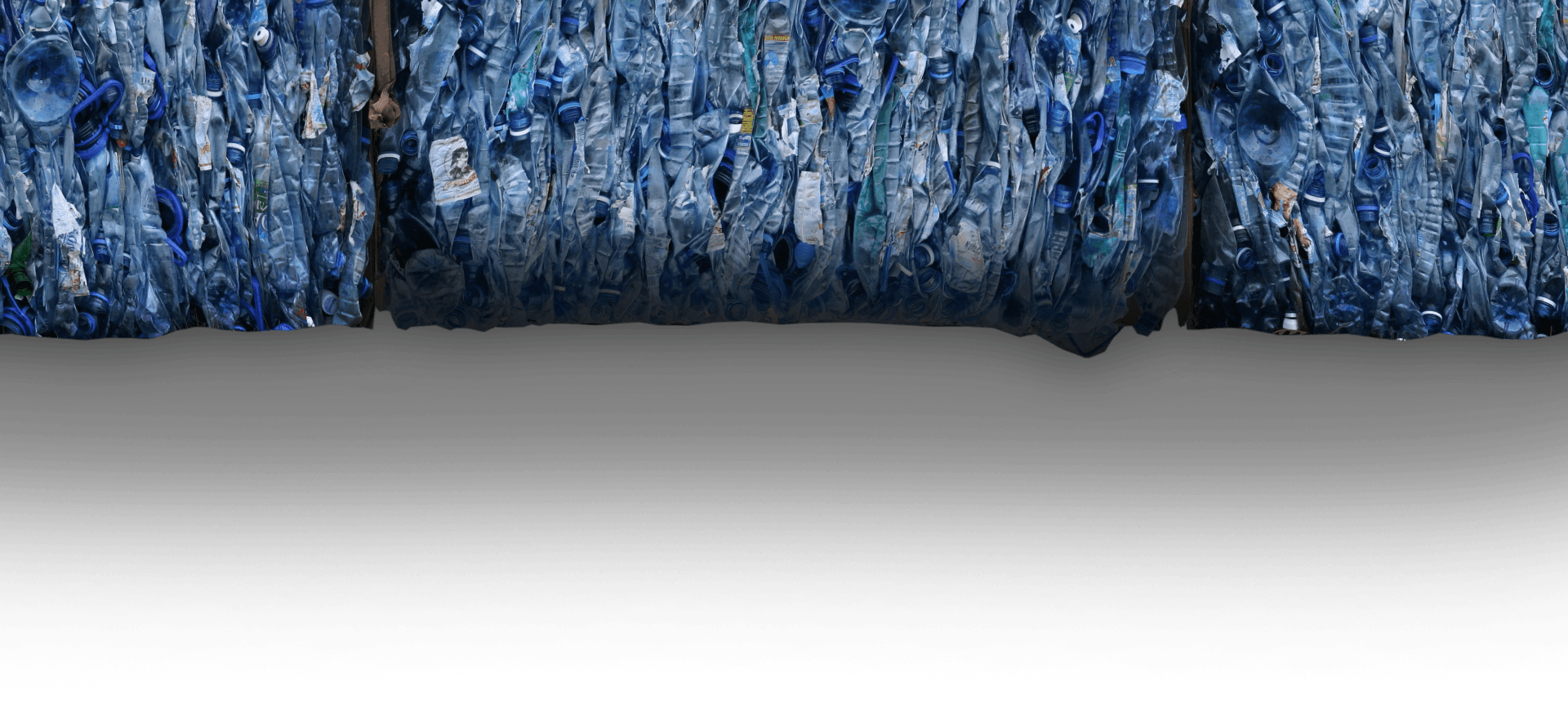










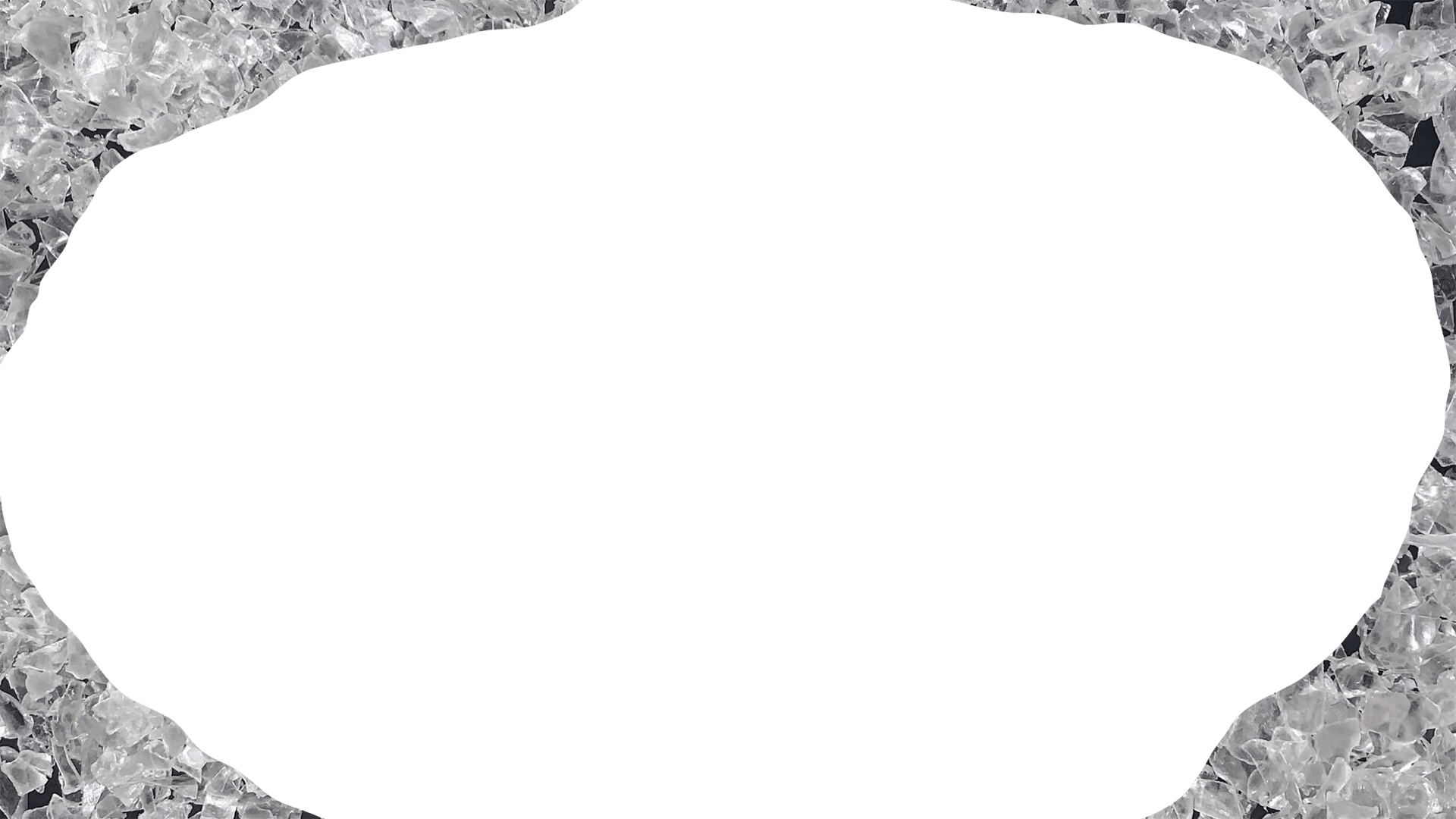
Using new technology, PET can be processed in a special wash plant to make RPET flakes, which can be reused in the manufacturing process.
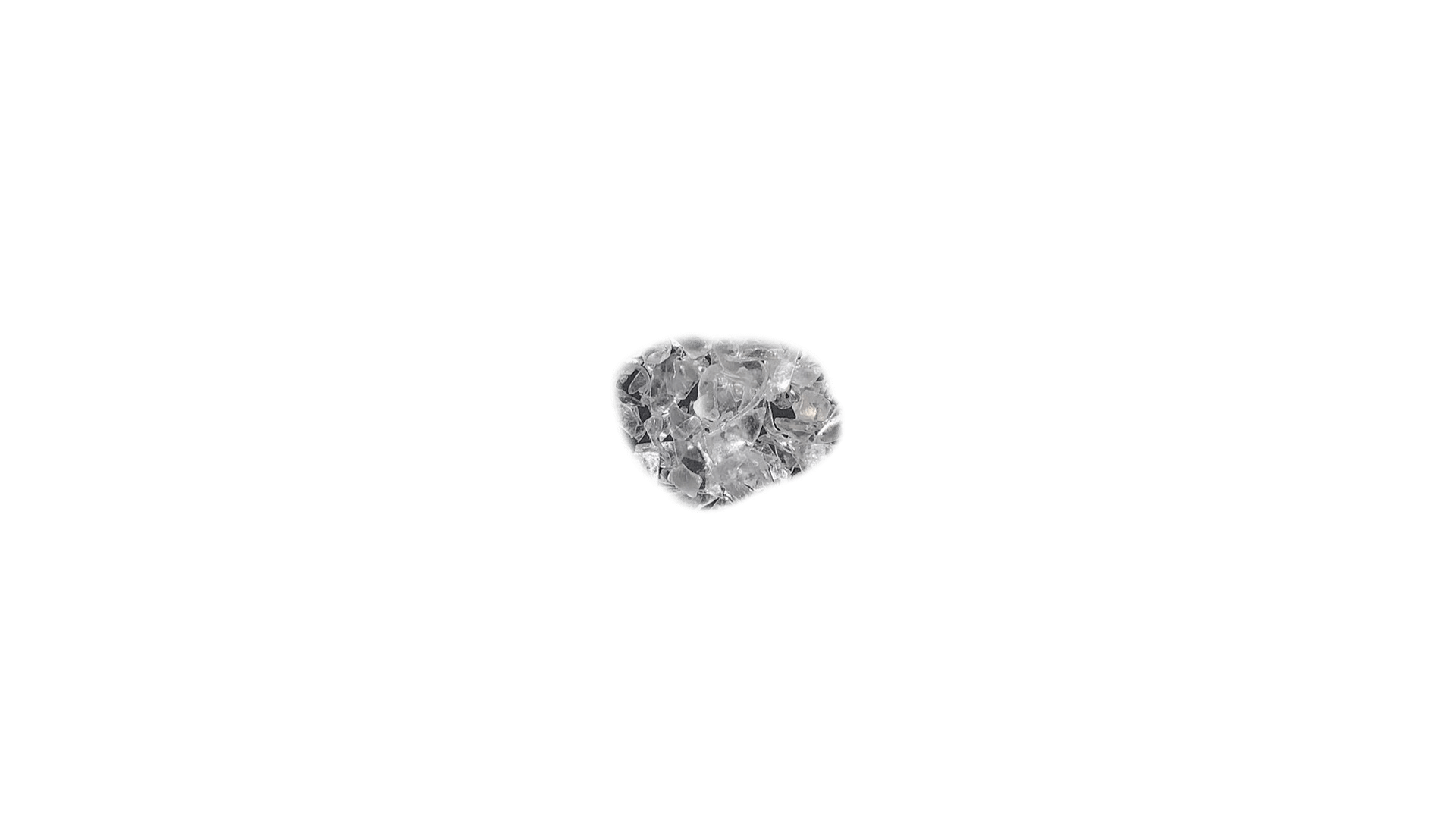
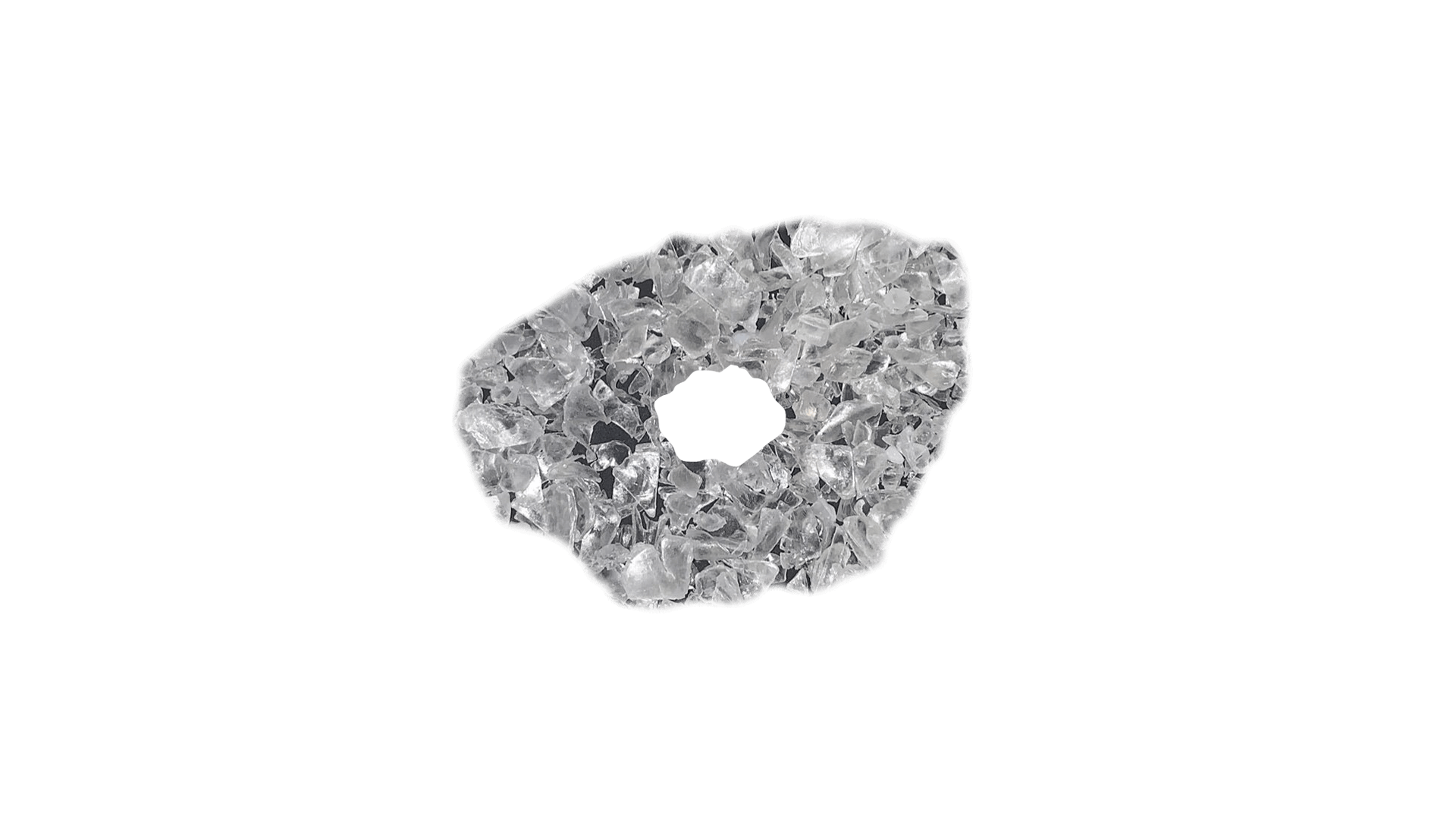
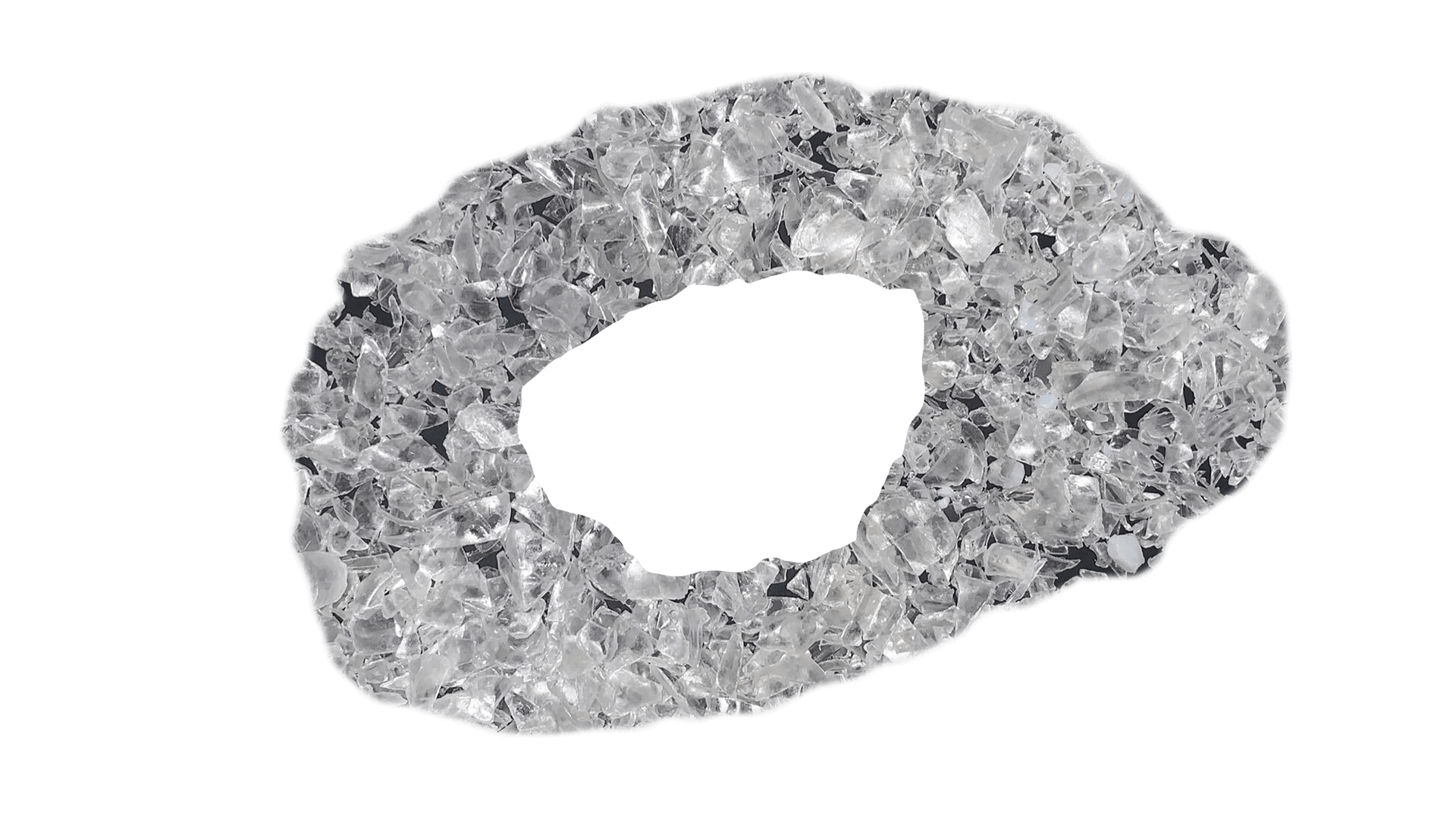
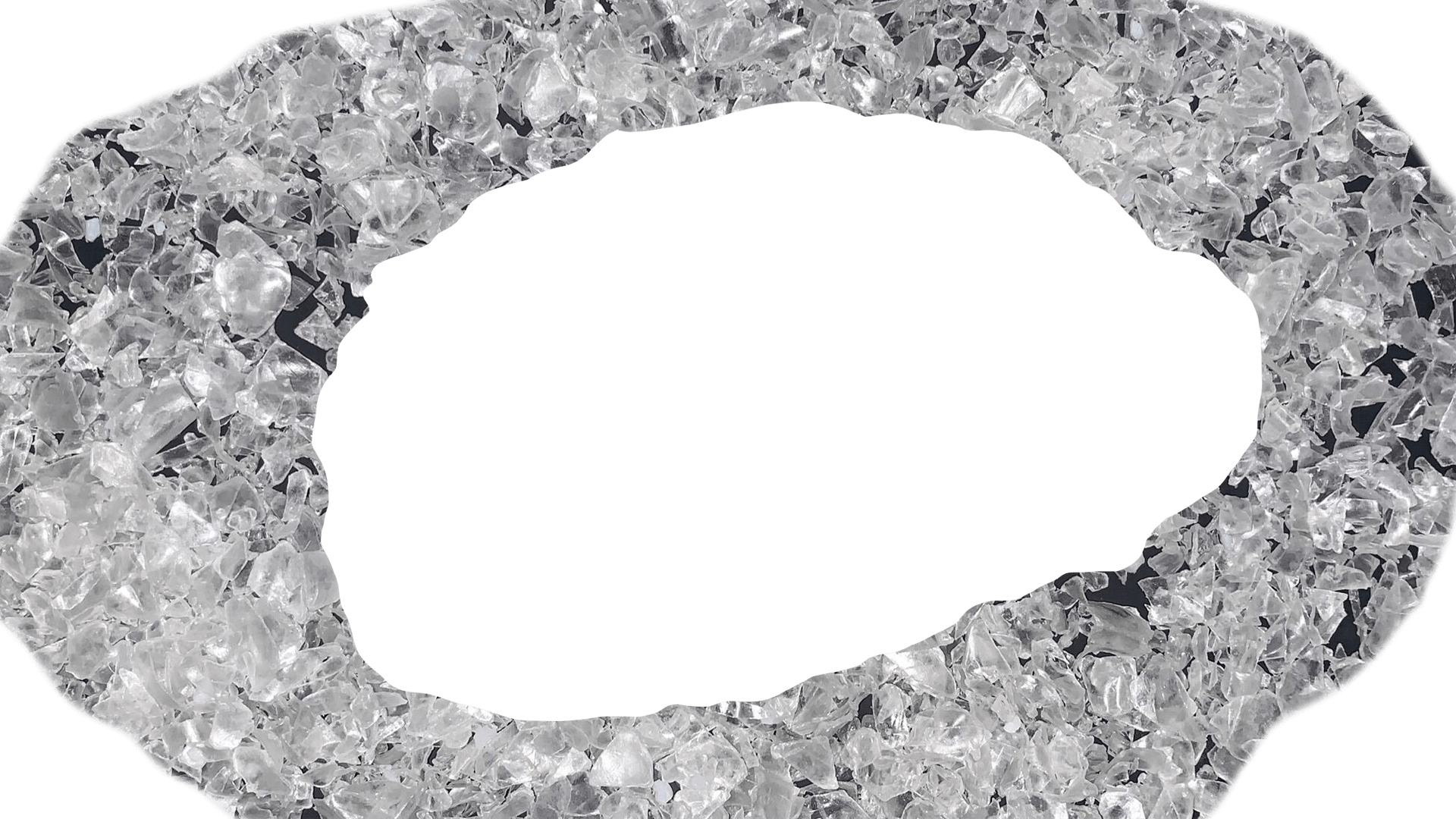

With new technology available PET can be processed in a special wash plant to make RPET flakes which can be reused in the manufacture process
At Douglas, we’re committed to protecting and supporting the health of our planet and its people, by innovating to use recycled plastic materials where possible in our packaging. We look for materials that are fully recyclable so they can be safely reused again and again and do not become waste or pollution.
This means we aim to create recyclable packaging made from recycled material, with the help of breakthrough technology companies like Flight Plastics Ltd. Flight Plastics (owned by Pact Group Holdings Ltd) leads the way on recycling polyethylene terephthalate (PET) plastic, opening an integrated PET recycling plant in 2017 that enables large scale plastic recycling, transforming all types of PET plastic waste into a recycled product of the high-quality required for our Alpaca blisters.
We are committed to making a positive contribution to our communities by repurposing and reusing plastic waste where we can, starting with our Alpaca blisters which are 100% recycled.
There are some parts of our packaging that can’t be recycled at this stage, including the cold seal (backing paper). The adhesive used on the cold seal is currently not recyclable due to complexities with the glue. Please remove the cold seal from your Alpaca blister before putting the blister pack in the recycling bin. Our aim is to have all our blisters 100% recyclable by 2027. Our cold seal uses FSC® certified face stocks which means the paper comes from responsibly and sustainably managed forests; contributing to lessening the effects of climate change.